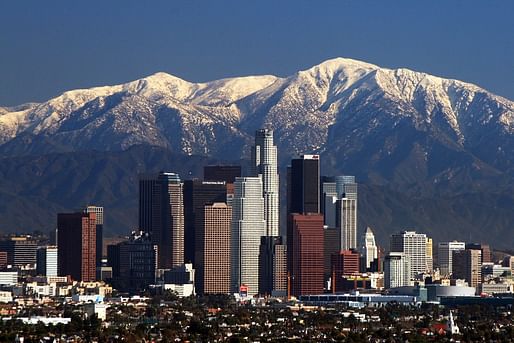

The American Institute of Architects has released a statement criticizing the U.S. Supreme Court’s ruling that restricts the EPA’s authority to mandate carbon emissions reductions. The ruling, which decided the case West Virginia v. Environmental Protection Agency, is described by the AIA as a “setback in the climate crisis fight.”
The decision rules that significant new regulations by the EPA require congressional approval and was decided along ideological lines with six conservative justices in favor, and three liberal justices against. While the case stemmed from the question of how the EPA could regulate coal-fired power plants, the decision may have knock-on effects for future federal climate initiatives.

“That's a very big deal because they're not going to get it from Congress because Congress is essentially dysfunctional,” Harvard law professor Richard Lazarus told NPR. “This could not have come at a worse time [because] the consequences of climate change are increasingly dire, and we're running out of time to address it.”
In response to the ruling, AIA President Dan Hart and CEO Lakisha Woods have urged Congress to equip EPA with the tools needed to combat greenhouse gas emissions.
“The architects’ oath to protect the health, safety, and welfare of the public requires nothing less,” said the joint statement. “But our oath and our expertise are far less effective if we act in isolation. That’s why we have a responsibility to exercise our voice and to urge our elected officials to address the climate crisis with urgency, probity, and haste.”

The decision is the latest in a series of divisive rulings by the Supreme Court in recent weeks, including the overturning of abortion rights under Roe v. Wade, and the expansion of gun rights. Meanwhile, June 30th saw the formal retirement of Supreme Court Justice Stephen Breyer, who will nonetheless continue to serve on the Pritzker Prize jury.
Back in March, the Supreme Court refused to hear a first amendment case by a Florida entrepreneur which claimed that architecture was free speech, while in 2020, the court ruled that building codes cannot be copyrighted.
No Comments
Block this user
Are you sure you want to block this user and hide all related comments throughout the site?
Archinect
This is your first comment on Archinect. Your comment will be visible once approved.